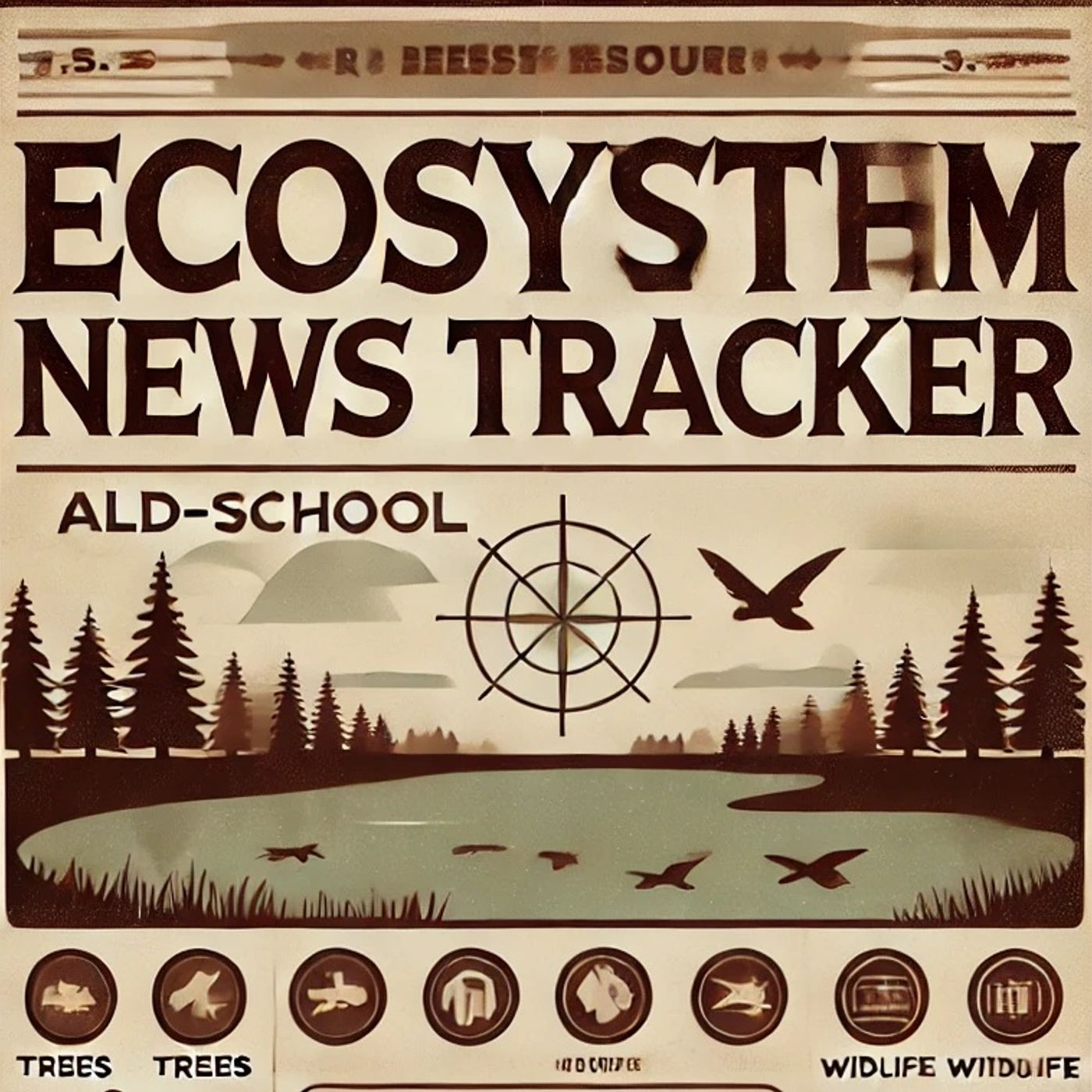Jan 18 2025 3 mins
In an age where climate change poses unprecedented challenges, the need for collective action and innovative approaches is more crucial than ever. On January 24, 2025, a significant step toward this goal unfolded at a data-driven educator workshop in Hawaiʻi, titled "Collaborating For Climate: Insights From a Data-Driven Educator Workshop." Held virtually from 2:00-2:30 pm Eastern (11:00-11:30 am Pacific), this workshop brought together educators, scientists, and climate advocates, united by a common mission: to harness data for meaningful climate action.
Leading this insightful session was Emily Sesno, an Outreach Biologist with the USGS Pacific Islands Climate Adaptation Science Center. Her role as a speaker was pivotal, providing a bridge between complex scientific data and its practical application in education and community engagement. Sesno's expertise in incorporating scientific insights into accessible formats made her a vital voice in this workshop, guiding participants through the intricate landscape of climate adaptation.
The workshop centered on leveraging data as a tool for empowering educators who play a crucial role in fostering environmental awareness and action among students. Sesno emphasized the power of data in crafting compelling narratives around climate change—stories that can resonate with diverse audiences, from policymakers to schoolchildren. By equipping educators with the skills to interpret and utilize climate data, the workshop aimed to inspire a new generation of thinkers and leaders committed to sustainable practices.
One of the key takeaways was the importance of collaboration between scientific institutions and educational bodies. Sesno highlighted successful collaborations that have already made a difference in the Pacific Islands, where climate change impacts are acutely felt. These partnerships have led to the development of educational materials that are both scientifically rigorous and culturally relevant, ensuring that climate education is rooted in local contexts and traditions.
Participants were introduced to a range of data visualization tools and resources designed to make climate data accessible and engaging. These tools provide educators with the means to transform raw data into illustrative graphs and models, making complex climate phenomena understandable to students of all ages. By demystifying data, the workshop aimed to empower educators to incorporate factual, data-backed content into their curricula, thereby fostering a more scientifically literate society.
The session concluded with a call to action: for educators to become climate champions within their communities, armed with the knowledge and resources needed to inspire change. The workshop emphasized that climate education is not just about understanding the science; it is about instilling a sense of agency and urgency in students, encouraging them to become proactive participants in shaping a sustainable future.
"Collaborating For Climate" served as a testament to the power of education in driving climate action, underscoring the critical role educators play in the global response to climate change. As Emily Sesno and her fellow climate advocates continue to bridge the gap between data and action, this workshop in Hawaiʻi stands as a shining example of how collaboration and innovation can lead to transformative outcomes in the climate space.
Leading this insightful session was Emily Sesno, an Outreach Biologist with the USGS Pacific Islands Climate Adaptation Science Center. Her role as a speaker was pivotal, providing a bridge between complex scientific data and its practical application in education and community engagement. Sesno's expertise in incorporating scientific insights into accessible formats made her a vital voice in this workshop, guiding participants through the intricate landscape of climate adaptation.
The workshop centered on leveraging data as a tool for empowering educators who play a crucial role in fostering environmental awareness and action among students. Sesno emphasized the power of data in crafting compelling narratives around climate change—stories that can resonate with diverse audiences, from policymakers to schoolchildren. By equipping educators with the skills to interpret and utilize climate data, the workshop aimed to inspire a new generation of thinkers and leaders committed to sustainable practices.
One of the key takeaways was the importance of collaboration between scientific institutions and educational bodies. Sesno highlighted successful collaborations that have already made a difference in the Pacific Islands, where climate change impacts are acutely felt. These partnerships have led to the development of educational materials that are both scientifically rigorous and culturally relevant, ensuring that climate education is rooted in local contexts and traditions.
Participants were introduced to a range of data visualization tools and resources designed to make climate data accessible and engaging. These tools provide educators with the means to transform raw data into illustrative graphs and models, making complex climate phenomena understandable to students of all ages. By demystifying data, the workshop aimed to empower educators to incorporate factual, data-backed content into their curricula, thereby fostering a more scientifically literate society.
The session concluded with a call to action: for educators to become climate champions within their communities, armed with the knowledge and resources needed to inspire change. The workshop emphasized that climate education is not just about understanding the science; it is about instilling a sense of agency and urgency in students, encouraging them to become proactive participants in shaping a sustainable future.
"Collaborating For Climate" served as a testament to the power of education in driving climate action, underscoring the critical role educators play in the global response to climate change. As Emily Sesno and her fellow climate advocates continue to bridge the gap between data and action, this workshop in Hawaiʻi stands as a shining example of how collaboration and innovation can lead to transformative outcomes in the climate space.
